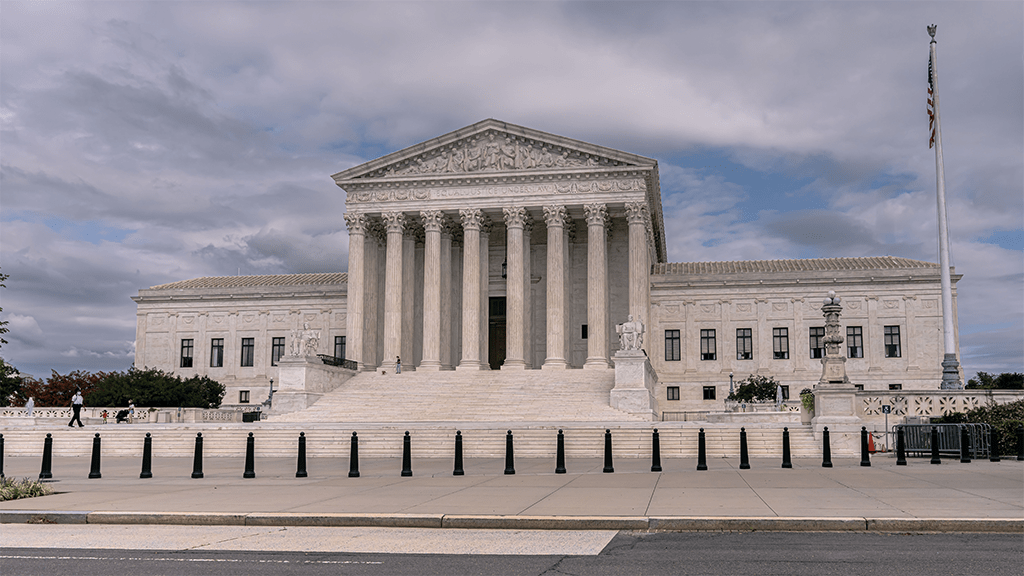Supreme Court Upholds Indian Child Welfare Act, Protecting Native American Families

June 15, 2023: In a 7-2 decision, the Supreme Court maintained the Indian Child Welfare Act, enacted in 1978, to safeguard Native American culture and keep Native American children connected to their extended family, tribe, or another tribe’s family in cases involving foster care and adoption. This law was established as a response to the distressing history of Native American children being separated from their families by both states and the federal government.
Justice Amy Coney Barrett, writing for the majority, acknowledged the complexities of the issues. However, the court ultimately dismissed all challenges to the statute, affirming its importance. Justices Clarence Thomas and Samuel Alito dissented from the decision.
The legal challenge against the Indian Child Welfare Act was brought by a white evangelical Christian couple, Chad and Jennifer Brackeen, from Texas. Supported by Texas and various conservative organizations, they argued that the law violated equal protection by making racial distinctions. In response, tribes, with the backing of the Biden administration, emphasized that tribal membership is a political classification rather than a racial one.
This case not only centered on the Indian Child Welfare Act but also raised broader concerns regarding tribal sovereignty. During the same term, it was argued that Republicans sought to undermine affirmative action and voting rights at the Supreme Court. These cases reflect a misguided “colorblind” interpretation of the Constitution, with the GOP aiming to diminish laws that support nonwhite individuals without considering the racist history that necessitated their enactment.


















































